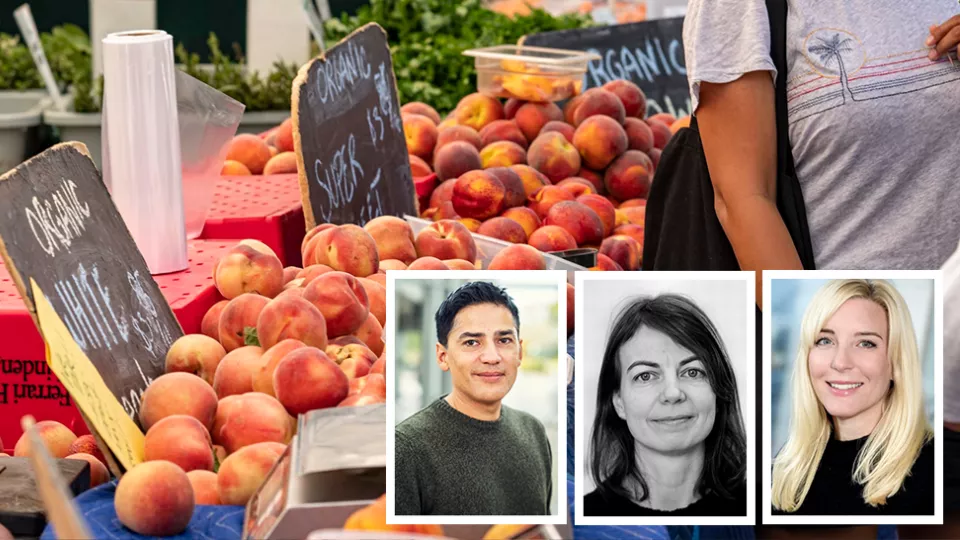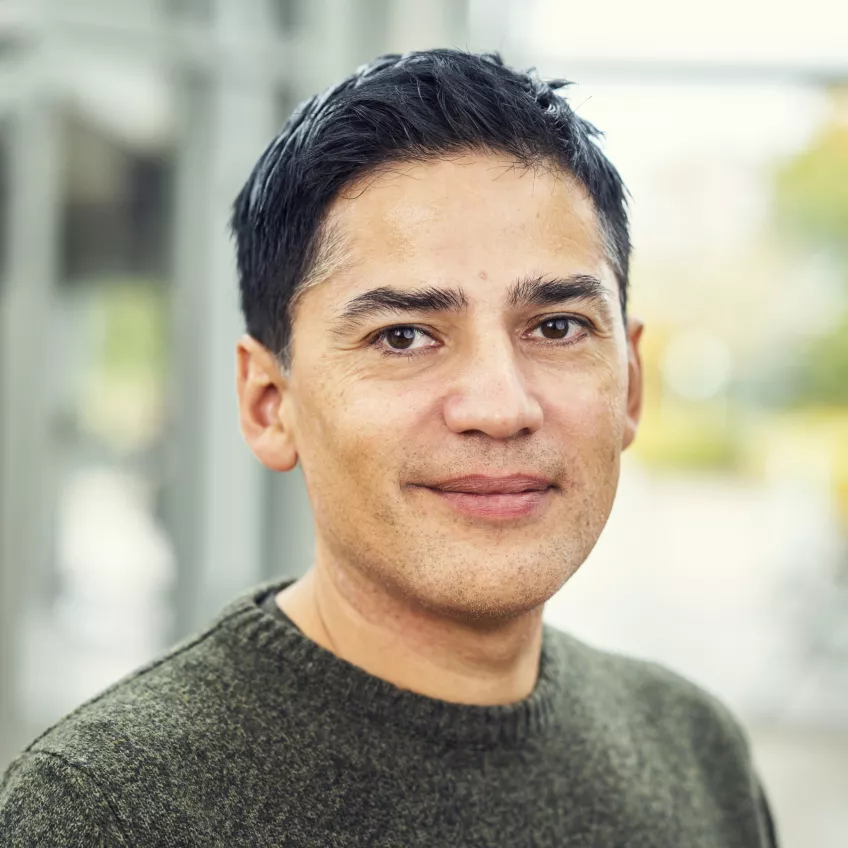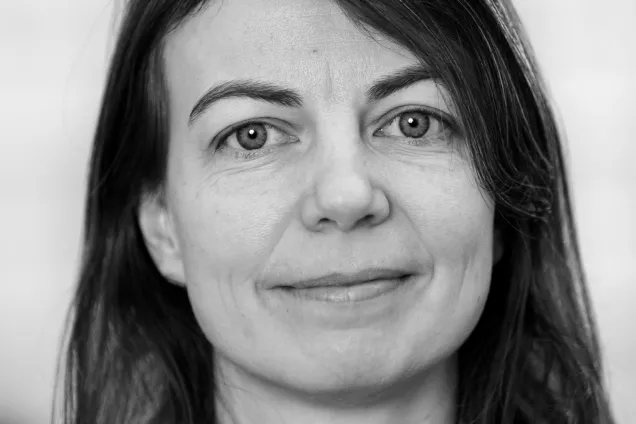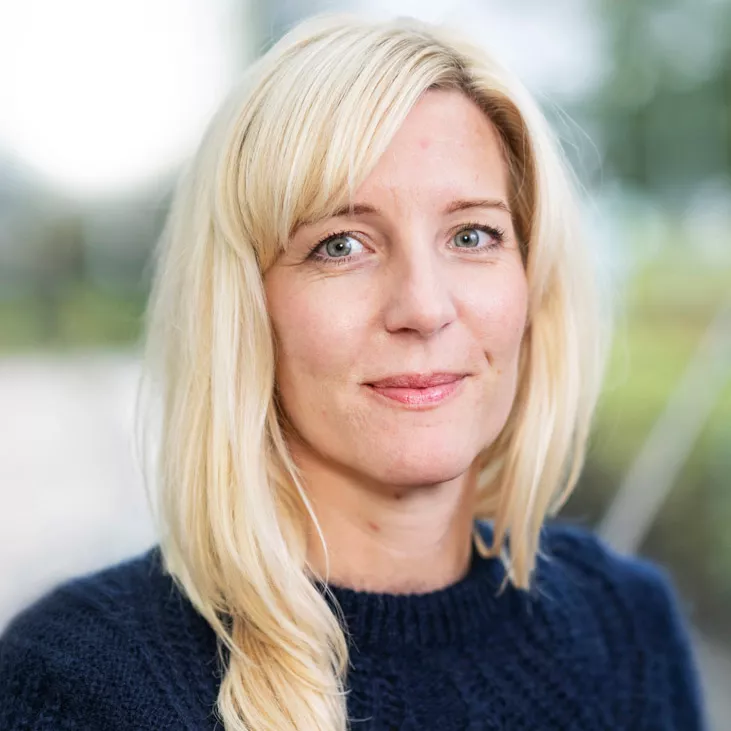Changing current consumption patterns has proved difficult. Lack of information, multiple sustainability labels, and green washing create confusion among consumers. Furthermore, practices such as repairing, reusing, purchasing second hand and recycling require knowledge and can be time consuming. Digital technologies can solve many of these problems. Smartphone applications and digital platforms can assist consumers to choose sustainable products in-store, support peer-to-peer sharing networks, and facilitate the reselling of goods.
The project, DISCo (Digital Infrastructures for Sustainable Consumption), aims to produce knowledge on how consumption can move in a more sustainable direction by applying digital technologies.
– If this potential is to be realised, we need a better understanding of how and with what environmental consequences these "greening" technologies become part of, and impact on households' everyday practices. What is involved in the successful introduction of these digital technologies? Do they really bring about more sustainable modes of consumption? Says Christian Fuentes, project leader.
About the project
DISCo is a cooperation between Olso Metropolitan University in Norge, Koç University in Turkiet, Saint Mary’s College of California in USA, The University of Tokyo in Japan and Lunds university in Sweden. The Swedish part of the project is financed by Formas. Christian Fuentes, Maria Fuentes and Emma Samsioe is part of the project. The project starts in April 2023 and ends in March 2026.
DISCo draws on theories of practice and makes use of qualitative and quantitative methods to systematically investigate digital efforts reconfigure consumption in the areas of food and mobility. Ethnographic methods are put to use to understand changes households’ everyday life, life cycle analysis to understand the impacts of proposed solutions, and design methods to instigate positive change.





